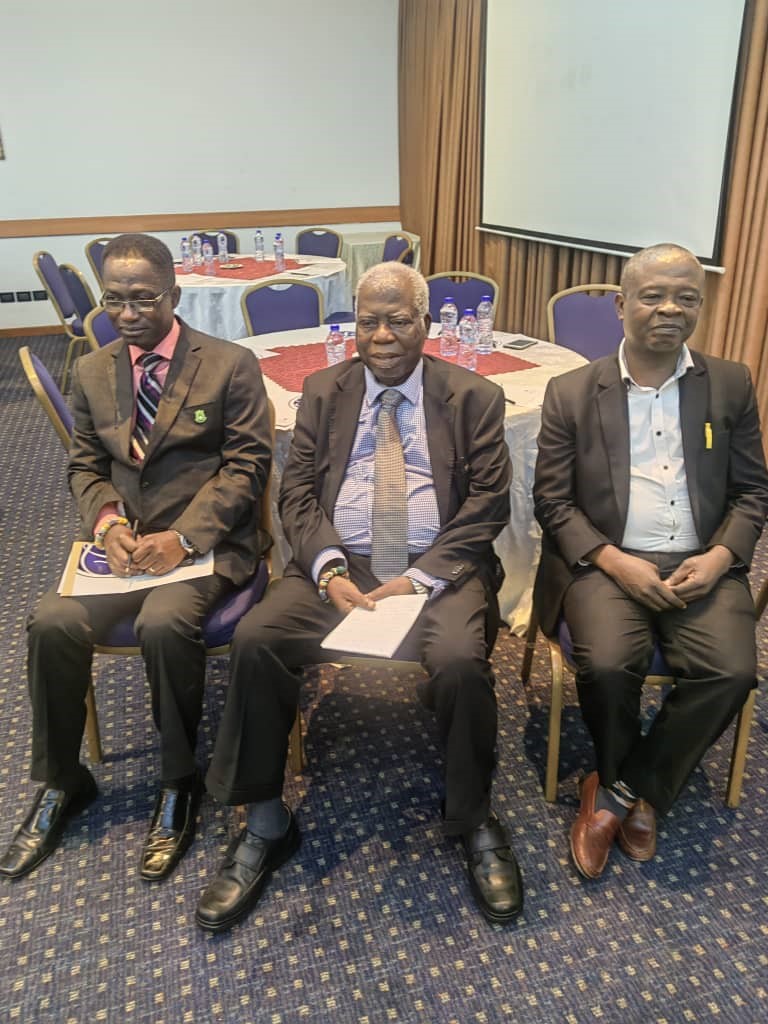- The School of Medicine of the University for Development Studies (UDS) led a study conducted for the World Health Organization’s (WHO) Assessment Instrument for Mental Systems (AIMS) report for Ghana.
- Below is as written by Ismail Yussif & Salma Abdul-Rashid (University Relations) and published on uds.edu.gh with a few edits.
A report on the World Health Organization’s (WHO) Assessment Instrument for Mental Systems (AIMS), which was led by the School of Medicine of the University for Development Studies (UDS) has been launched in Accra.
A team led by, the Head of the Department of Psychiatry of the School of Medicine, UDS, Dr. William Frank Koomson conducted the study for the World Health Organization’s Assessment Instrument for Mental Systems (WHO-AIMS) report for Ghana.
The study, which has been described as the most comprehensive assessment of Ghana’s mental health system since 2011, had in attendance at its launch, various stakeholders withing the mental health care delivery chain in the country.
The team lead, Dr Koomson indicated that 53 per cent of admissions to community-based psychiatric in-patient units were female, while five per cent were children or adolescents. He added that many service users visited traditional healers or other faith-based centres, otherwise known as prayer camps, before or during their treatment.
Dr Koomson, said the report identified weaknesses in the mental health system of the country to include low investment by government, insufficient mental health in-patient facilities, no prison mental health facility or a forensic mental health hospital, and few doctors showing interest in specialising in mental health.

The Principal of the Nyankpala Campus of UDS, Prof. George Nyarko, said mental health care delivery faces major problems throughout the country, especially in northern Ghana, where there is no established psychiatric hospital to cater for the mental health needs of the people.
“The poor people in northern Ghana rather have to travel to the south to obtain psychiatric care, especially when it involves admissions. No wonder we see a lot of mental patients roaming about without any help,” he said.
He said he was happy that as part of the government’s Agenda 111 Hospital Projects, the government had secured land for the construction of a mental health hospital in the Northern Region to address the lack of a mental health facility in the area.
Also present at the event was the Dean of the School of Medicine, UDS, Prof. Stephen Tabiri.
Story by:
Ismail Yussif & Salma Abdul-Rashid (University Relations)
Related posts



